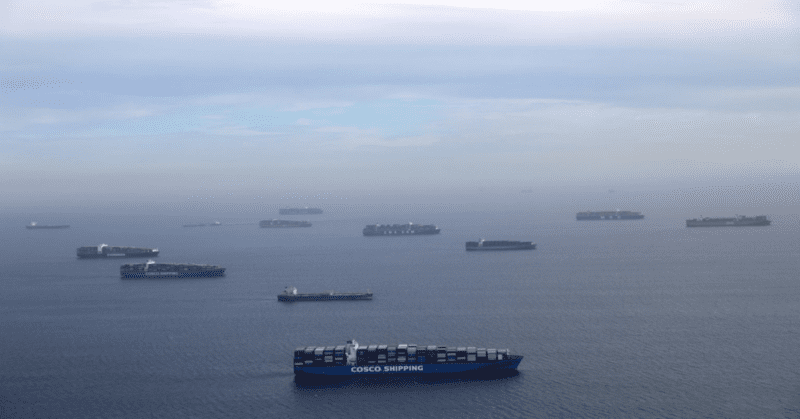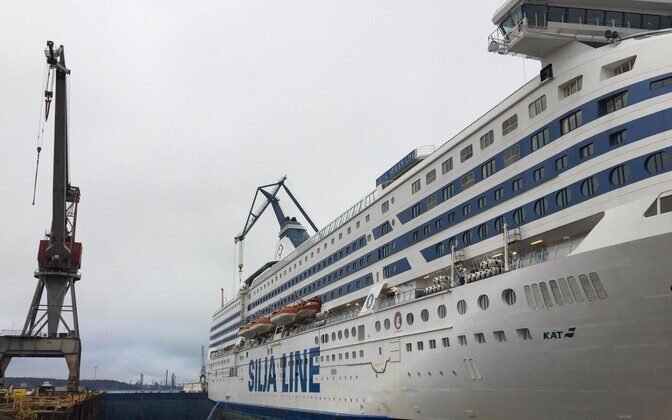With 105 countries implementing cabotage laws to safeguard their shipping industries, the absence of such regulations in the UK is notable. Mr. Dickinson, commenting on a recent report from Seafarers Rights International (SRI), emphasized that nations like the United States, Canada, Norway, and Brazil have acknowledged the importance of reserving domestic maritime trade for their own vessels and crews. This approach not only preserves essential seafaring skills but also bolsters local employment and enhances national resilience during crises.
Mr. Dickinson stated, “The evidence is clear: cabotage is about protecting the lifeblood of our coastal communities and ensuring well-paid, skilled jobs for British seafarers.” Despite initiatives like the tonnage tax and training funding, the UK has not seen a growth in its fleet of UK-flagged vessels or its maritime skill base. He argues that it is crucial for the UK to take decisive action to protect its merchant fleet and jobs amid increasing international competition and skill erosion.
Implementing cabotage legislation would ensure that a larger portion of coastal trade is conducted by UK-owned ships, staffed by UK crews and adhering to UK standards. This strategy promises to enhance the national flag, build resilience, protect the marine environment, and secure stable careers for maritime professionals. Nautilus International is spearheading the campaign to promote cabotage legislation in the UK and encourages participation from the public and union members.








